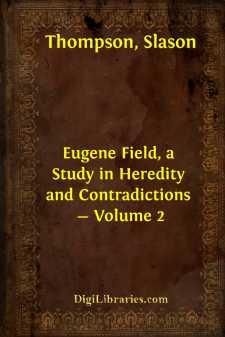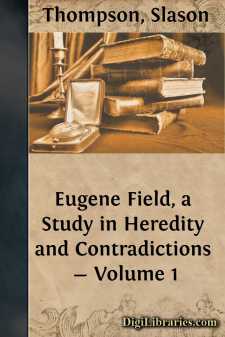Categories
- Antiques & Collectibles 13
- Architecture 36
- Art 48
- Bibles 22
- Biography & Autobiography 816
- Body, Mind & Spirit 145
- Business & Economics 28
- Children's Books 17
- Children's Fiction 14
- Computers 4
- Cooking 94
- Crafts & Hobbies 4
- Drama 346
- Education 58
- Family & Relationships 59
- Fiction 11834
- Foreign Language Study 3
- Games 19
- Gardening 17
- Health & Fitness 34
- History 1378
- House & Home 1
- Humor 147
- Juvenile Fiction 1873
- Juvenile Nonfiction 202
- Language Arts & Disciplines 89
- Law 16
- Literary Collections 686
- Literary Criticism 179
- Mathematics 13
- Medical 41
- Music 40
- Nature 179
- Non-Classifiable 1768
- Performing Arts 7
- Periodicals 1453
- Philosophy 66
- Photography 2
- Poetry 897
- Political Science 203
- Psychology 45
- Reference 154
- Religion 516
- Science 126
- Self-Help 85
- Social Science 82
- Sports & Recreation 34
- Study Aids 3
- Technology & Engineering 59
- Transportation 23
- Travel 463
- True Crime 29
Slason Thompson
Slason Thompson (1849–1935) was an American journalist, biographer, and railway historian. He is best known for his biography of Eugene Field, a popular children's poet, titled "Eugene Field: A Study in Heredity and Contradictions" (1901). Thompson also authored "A Short History of American Railways" (1925), reflecting his deep interest in the development of U.S. railroads. In addition to his writing, he worked as an editor and manager at the Chicago Tribune, contributing significantly to the city's journalistic landscape.
Author's Books:
Sort by:
by:
Slason Thompson
CHAPTER I OUR PERSONAL RELATIONS In the loving "Memory" which his brother Roswell contributed to the "Sabine Edition" of Eugene Field's "Little Book of Western Verse," he says: "Comradeship was the indispensable factor in my brother's life. It was strong in his youth: it grew to be an imperative necessity in later life. In the theory that it is sometimes good to be...
more...
by:
Slason Thompson
CHAPTER I PEDIGREE "Sir John Maundeville, Kt.," was his prototype, and Father Prout was his patron saint. The one introduced him to the study of British balladry, the other led him to the classic groves of Horace. "I am a Yankee by pedigree and education," wrote Eugene Field to Alice Morse Earle, the author of "The Sabbath in Puritan New England," and other books of the same...
more...



